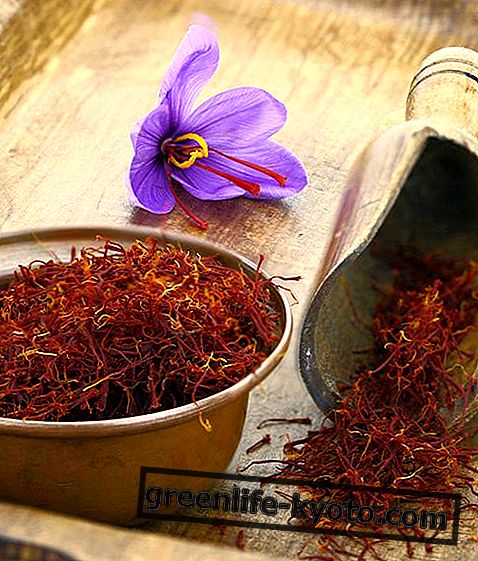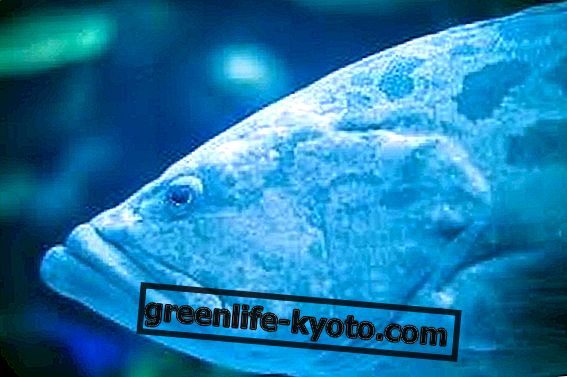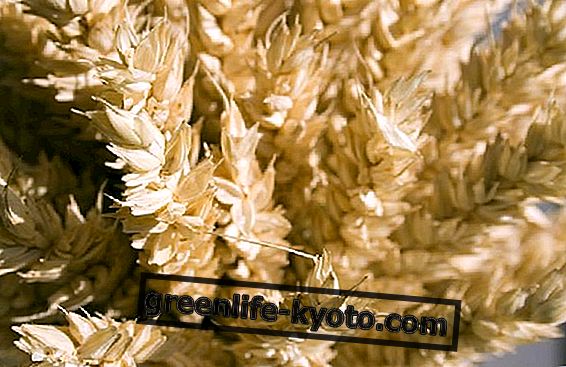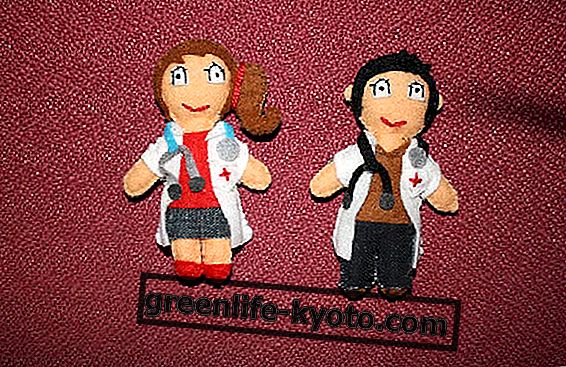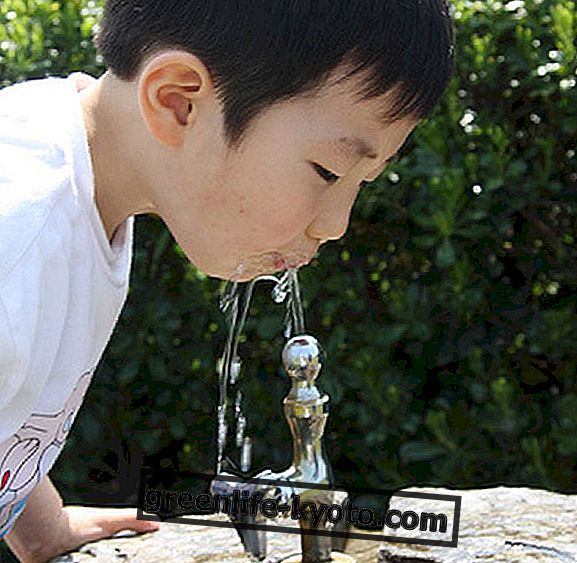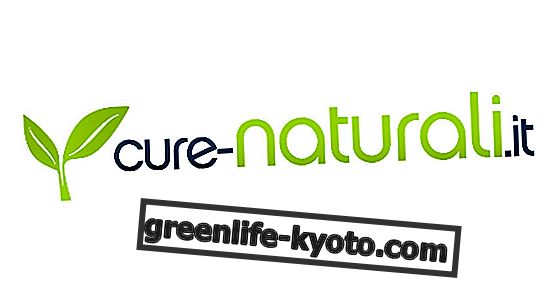
The moment of gestation is for the woman's body a very special moment in which everything changes to create the best conditions and thus allow the correct development of the child within the maternal uterus.
In these 9 months the future mother thus begins to take care of herself and of the baby she carries in her womb, paying more and more attention to her habits and having behaviors that influence the development of the fetus and the health of both.
The first trimester of pregnancy is the most sensitive and potentially the most at risk, also because sometimes the future mother notices the pregnancy when several weeks have passed since conception.
During this time she will have continued her life in the usual daily routine and different substances could have come into contact with her and the baby and can be dangerous and not suitable for the child, such as some drugs, alcohol, smoking, pollutants and some substances also from the plant world .
In fact some natural plant-based remedies are not suitable in the gestation period and the expectant mother will therefore have to ask an expert what natural remedies to use if there are illnesses during pregnancy.
Here we see how to use echinacea in pregnancy and any contraindications.
Echinacea in pregnancy
Echinacea is a plant that during pregnancy can be taken safely even if it is advised to take it anyway once the first trimester is finished . This precaution is almost more scrupulous than a real problem of the onset of some danger in the use of echinacea.
In fact, the latest prospective study on echinacea exposure on a sample of women in North America found that there were no changes in the development of mothers' fetuses who had taken echinacea in the first trimester of pregnancy compared to the control group that did not taken echinacea.
The use of echinacea is so wide and widespread in the population that even during the period of pregnancy it is one of the most used herbs.
Cold in pregnancy, how to cure it?
When to use echinacea in pregnancy
The echinacea is indicated in the case of colds, coughs, flu and seasonal illnesses; she is an excellent ally of the future mother precisely because she has a wide spectrum of benefits on the body without interfering with the child's development.
For all the ailments related to the cold season or caused by sudden changes in temperature, the echinacea helps strengthen the immune system supporting it against these discomforts.
Its specific mechanism of action is not yet known but its effect is to globally increase the entire immune response : there is in fact an improvement in the activity of monocytes and phagocytes, ie those elements of the immune system that eliminate bacteria and viruses ; moreover, there is a greater activity of the lymphocytes, the specific white blood cells of the immune system.
Echinacea is therefore used as an immunostimulant thanks to these properties and can be used as a prevention of all diseases related to respiratory and seasonal disorders.
In addition, in cases of cooling the echinacea is used for its anti-inflammatory and anti-infective properties, creating a suitable environment for healing.
If there is also the presence of mucus in the airways we will have a fluidifying and expectorant effect with the use of echinacea. The pathways of the areas are then disinfected, protected and cleaned of the action of echinacea, thus solving the diseases related to the upper airway tract and the bronchial tract.
Echinacea can also be used as an external remedy in cream or ointment to help the healing of wounds, excoriations, burns, dermatitis or small skin eruptions. Its action in this case is to prevent the wound from becoming infected and helps regenerate epithelial tissue thanks to its healing properties .
Discover also the uses and properties of the echinacea mother tincture
Contraindications of echinacea
Echinacea can have several side effects. People who take drugs like paracetamol or who have immunosuppressive therapies cannot take echinacea because of a possible interaction between the plant's substances and the active ingredients of the drugs themselves.
Persons allergic to plants of the Asteraceae family should exclude the use of echinacea due to a possible onset of an allergic reaction to its active ingredients.
Some texts limit its use during pregnancy, lactation and in children under one year of age, although there are still no agreed opinions in this warning. Surely for children under one year of life where the immune system is being trained it will be good practice to advise against using any product to leave the formation of the body's natural defenses spontaneous .
In pregnancy and during lactation the references and studies have not yet definitively given a unanimous opinion therefore it will be good practice to read the labels of echinacea-based products: the doses, the method of recruitment and the indications are to be respected in order to have the best benefits without any contraindication.
However, we advise you to inform and consult your doctor and, in this specific case, the gynecologist who follows the future mother in order to have safe guidance from the experts even with the use of natural remedies.

